If you needed a heart transplant or suffered from cardiovascular disease, would you consider replacing your biological heart for an artificial one? How many of you with healthy hearts would want the transplant?
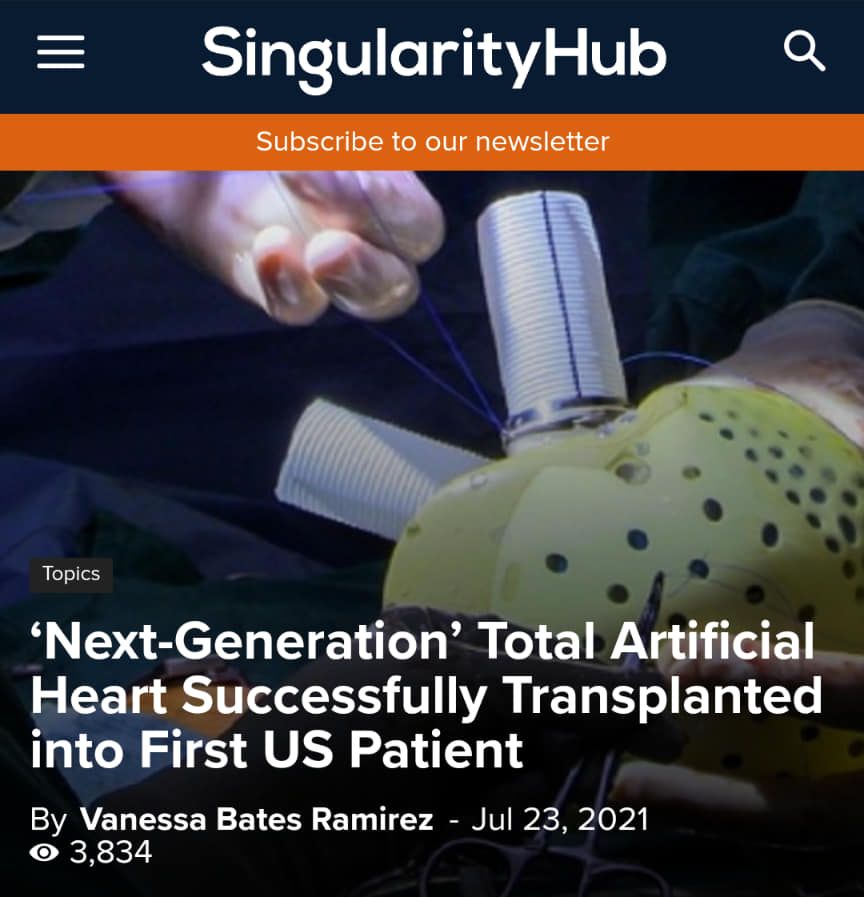

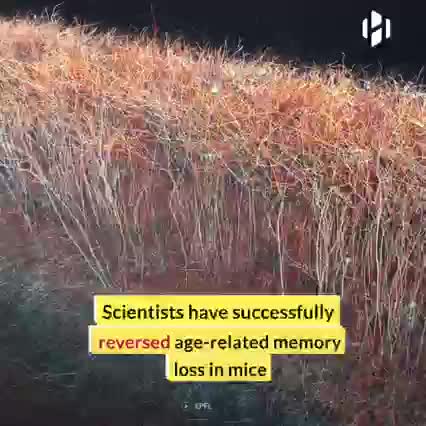
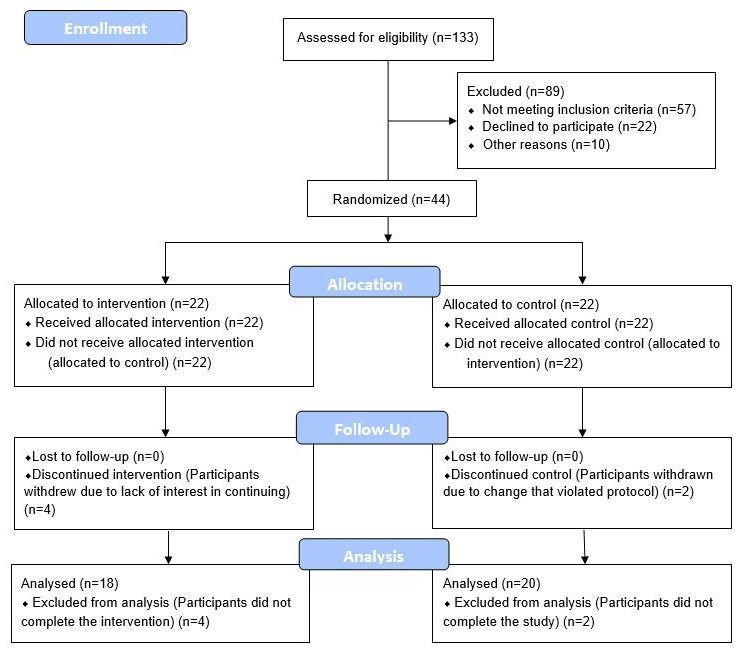
Yes this says a 3 year epigenetic clock reversal in just 8 weeks thanks to diet and lifestyle changes. There is a list of supplements too:
Alpha ketoglutarate, vitamin C and vitamin A curcumin, epigallocatechin gallate (EGCG), rosmarinic acid, quercetin, luteolin.
Manipulations to slow biological aging and extend healthspan are of interest given the societal and healthcare costs of our aging population. Herein we report on a randomized controlled clinical trial conducted among 43 healthy adult males between the ages of 50–72. The 8-week treatment program included diet, sleep, exercise and relaxation guidance, and supplemental probiotics and phytonutrients. The control group received no intervention. Genome-wide DNA methylation analysis was conducted on saliva samples using the Illumina Methylation Epic Array and DNAmAge was calculated using the online Horvath DNAmAge clock (2013). The diet and lifestyle treatment was associated with a 3.23 years decrease in DNAmAge compared with controls (p=0.018). DNAmAge of those in the treatment group decreased by an average 1.96 years by the end of the program compared to the same individuals at the beginning with a strong trend towards significance (p=0.066). Changes in blood biomarkers were significant for mean serum 5-methyltetrahydrofolate (+15%, p=0.004) and mean triglycerides (−25%, p=0.009). To our knowledge, this is the first randomized controlled study to suggest that specific diet and lifestyle interventions may reverse Horvath DNAmAge (2013) epigenetic aging in healthy adult males. Larger-scale and longer duration clinical trials are needed to confirm these findings, as well as investigation in other human populations.
Keywords: DNA methylation, epigenetic, aging, lifestyle, biological clock.
Advanced age is the largest risk factor for impaired mental and physical function and many non-communicable diseases including cancer, neurodegeneration, type 2 diabetes, and cardiovascular disease [1, 2]. The growing health-related economic and social challenges of our rapidly aging population are well recognized and affect individuals, their families, health systems and economies. Considering economics alone, delaying aging by 2.2 years (with associated extension of healthspan) could save $7 trillion over fifty years [3]. This broad approach was identified to be a much better investment than disease-specific spending. Thus, if interventions can be identified that extend healthspan even modestly, benefits for public health and healthcare economics will be substantial.
I think SENS did this last year but now AlphaFold2 will make it easier and faster.
Hey it’s Han from WrySci HX discussing how breakthroughs in the protein folding problem by AlphaFold 2 from DeepMind could combine with the SENS research foundation’s approach of allotopic mitochondrial gene expression to fight aging damage. More below ↓↓↓
Subscribe! =]
Please consider supporting 🙏
Patreon: https://www.patreon.com/wrysci_hx.
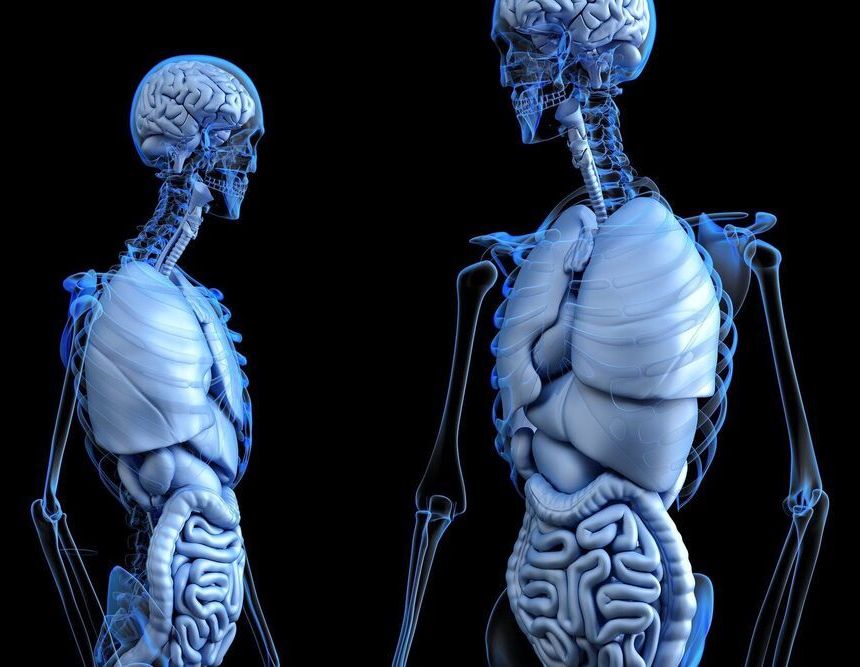
Researchers at the Stanford Institute for Stem Cell Biology and Regenerative Medicine have discovered how changes in aging skeletal stem cells may be an underlying cause of poor fracture healing, osteoporosis and various blood disorders as well as generalized inflammation and aging (sometimes called “inflamm-aging”) of cells and systems throughout the body. However, the researchers are also discovering how they might reinvigorate aging skeletal stem cell so that they start acting younger again, potentially reversing these changes.
“Skeletal stem cells give rise to bone, cartilage, and special cells that provide a niche or nursery for blood and immune stem cells to develop,” said Charles Chan, PhD, a member of the institute and an assistant professor in the Department of Surgery, Plastic and Reconstructive Surgery, and Immunology. “So if aged skeletal stem cells are not performing well, they can contribute to a wide variety of the disorders that we find in older people.”
The Research was published in the journal Nature. Chan and professor Michael Longaker, MD, are senior authors on the paper. Longaker is the Dean P. and Louise Mitchell Professor in the School of Medicine and a member of the Institute for Stem Cell Biology and Regenerative Medicine. Postdoctoral fellow Thomas Ambrosi, PhD is a co-first author along with former medical student Owen Marecic, MD and former postdoctoral fellow Adrian McArdle, MD, PhD.
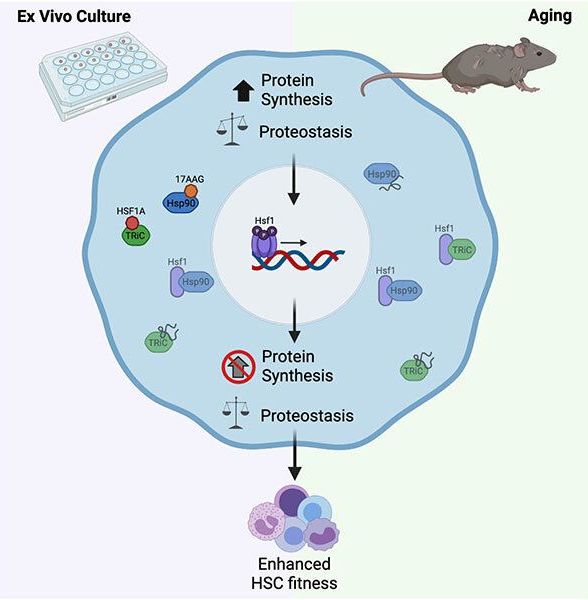
Hematopoietic stem cells—the precursors to blood cells—have been notoriously difficult to grow in a dish, a critical tool in basic research. Scientists at University of California San Diego School of Medicine have identified the underlying issue and developed a method to keep cultured cells healthy. These findings, they say, are positive news for patients seeking stem cell transplants—and may hint at a new way to ward off aging.
The findings will be published in the August 12 2021 online issue of Cell Stem Cell.
In bone marrow transplants, hematopoietic stem cells are infused intravenously to reestablish blood production in patients whose bone marrow or immune system is damaged. The procedure is used to treat diseases such as leukemia, lymphoma, aplastic anemia and immune deficiency disorders. However, donor stem cells are not always available for patients who need them.

Since 1,988 and formation of the Posthuman Movement, and articles by early adopters like Max Moore were a sign our message was being received — although I always argued on various Extropian & Transhuman bulletin boards & Yahoo groups &c that “Trans” was a redundant middle and we should move straight to Posthuman, now armed with the new MVT knowledge (also figures on the CDR). There will be a new edition of World Philosophy, the first this millennium, to coincided with various Posthuman University events later this year. Here is the text:
THE EXTROPIAN PRINCIPLES V. 2.01 August 7 1992.
Max More Executive Director, Extropy Institute.
1. BOUNDLESS EXPANSION — Seeking more intelligence, wisdom, and.
personal power, an unlimited lifespan, and removal of natural, social.
biological, and psychological limits to self-actualization and self-realization. Overcoming limits on our personal and social.
progress and possibilities. Expansion into the universe and infinite existence.
2. SELF-TRANSFORMATION — A commitment to continual moral.
intellectual, and physical self-improvement, using reason and critical.
thinking, personal responsibility, and experimentation. Biological and.
neurological augmentation.
3. INTELLIGENT TECHNOLOGY — Applying science and technology to.
transcend “natural” limits imposed by our biological heritage and environment.
4. SPONTANEOUS ORDER — Promotion of decentralized, voluntaristic.
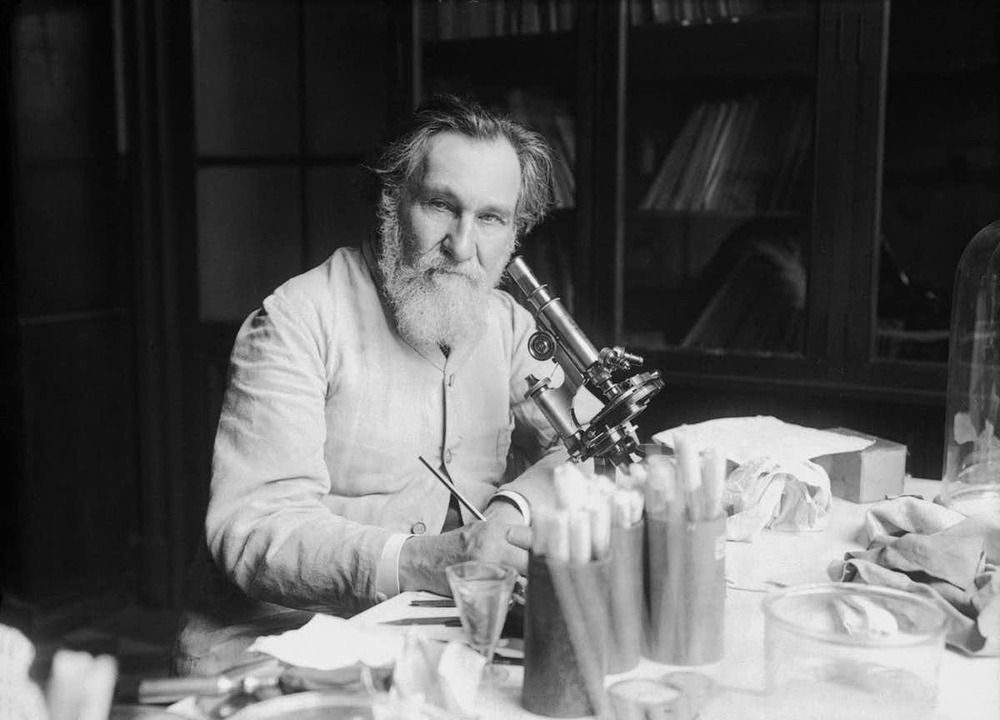
Evidence has been accumulating for almost a decade that the microbiome composition changes with age. In 2,012 research by my colleagues at University College Cork showed that diversity in the microbiome was linked to health outcomes in later life, including frailty.
In 1,895 on turning 50 Elie Metchnikoff became increasingly anxious about aging. As a result, the Russian Nobel prize-winning scientist, and one of the founders of immunology, turned his attention away from immunology and towards gerontology – a term that he coined.
He was fascinated by the role that intestinal bacteria play in health and disease and suggested that people from parts of eastern Europe lived longer because they ate a lot of fermented foods containing lactic acid bacteria.
Although popular at the time, this theory linking gut microbes to healthy aging was largely ignored by scientists until relatively recently. We now recognize the importance that the trillions of bacteria, known as the gut microbiome, have in regulating health and disease.

Caffeinated coffee might be protective to overall health, but so is decaf. For example, a 2,019 systematic review published in the Journal of Human Nutrition and Dietetics aiming to “investigate the association of caffeinated and decaffeinated coffee consumption and all-cause mortality” found “similar inverse associations [between] caffeinated coffee and decaffeinated coffee [and all-cause mortality.]”
But is coffee healthy? And do coffee drinkers live longer than non-coffee drinkers?
At the turn of the 20th century, it was considered common knowledge that coffee was unhealthy—there were advertising claims that coffee drinking caused blindness and that “you can recover from any ordinary disease by discontinuing coffee.” And while that may obviously be untrue, there are continuing fears about whether coffee is actually healthy or not. Google receives 4,400 queries a month about” why coffee is bad for you” (for context, “why coffee is good for you” gets only 1,300 queries a month).
So with human life extension in mind, I decided to dig into the research. Can coffee consumption actually help spanners extend their healthspan and lifespan? How much is the right dose? How much is too little?
Still, the timing of this film is remarkable, not only because the pandemic slowed us all down, but because we do live in an aging society. We also live in a time of accelerating technological transformation and precision medicine. It is no secret that transhumanist thinking is proliferating, and not just each time a billionaire flies into space. No less than The World Economic Forum has implicitly endorsed aspects of transhumanism’s agenda under the banner of “human enhancement” and more recently via “The Great Reset.”
The new film opened last Friday.